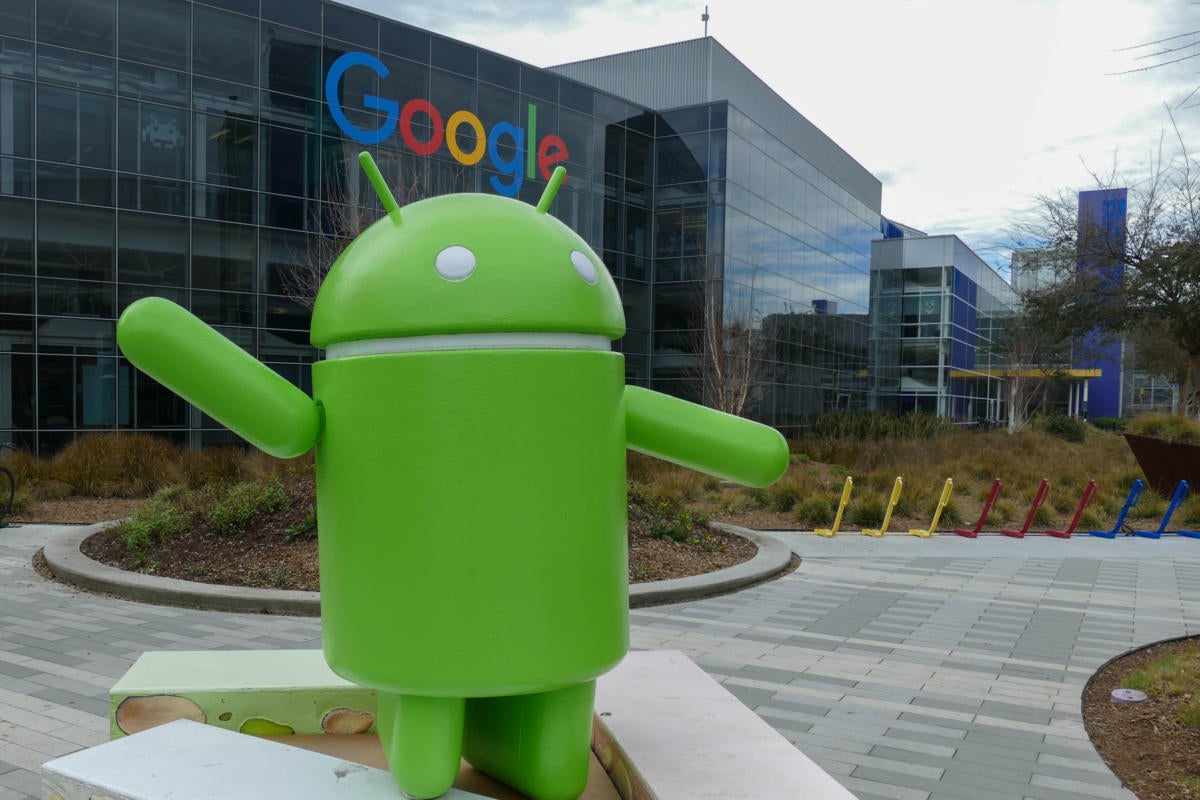
Google has settled a $1.7 billion lawsuit over AI chips patent infringement filed by computer scientist Joseph Bates and his company Singular, the company said on Wednesday.
The settlement, according to a Reuters report, was reached on the same day when lawyers from both parties were scheduled to make their closing arguments.
While details of the settlement have not been disclosed, Google’s lawyers, reportedly, maintain that the internet giant did not violate Bates or Singular’s patents in any manner.
Bates, who filed the lawsuit earlier this month, had asked to be paid $1.67 billion from Google for using his innovations to develop processors for AI-related tasks.
His lawyers argued that Google had duplicated Bates’ innovations after meeting him multiple times between 2010 and 2014 to discuss ideas that were key to solving challenges around artificial intelligence.
Lawyer Kerry Timbers, specifically, said that Bates’ innovations were used to build iterations or versions of Google’s Tensor Processing Units (TPUs), which form the bedrock of all AI features currently being made available across Google Search, Gmail, Google Translate, and other Google services.
The lawsuit brought by Bates also cited internal emails that show Google’s top scientist Jeff Dean saying that Bates’ innovations were “really well suited” for Google’s technology development efforts.
Google’s lawyers, however, had claimed that the AI chips were developed by its own researchers and staffers.
The lawsuit assumes significance as the proliferation of generative AI has forced technology giants including Google to develop its own chips for AI-related workloads. IBM, AWS, and Microsoft also have developed their own AI chips.
The worldwide AI chip market size, according to xResearch, was valued at $14.9 billion in 2022 and is predicted to grow at a compound annual rate of growth (CAGR) of 40.5% to touch $227.6 billion by 2030.
The AI chip market is currently dominated by Nvidia but has also been investment from chip giants Intel and AMD.
